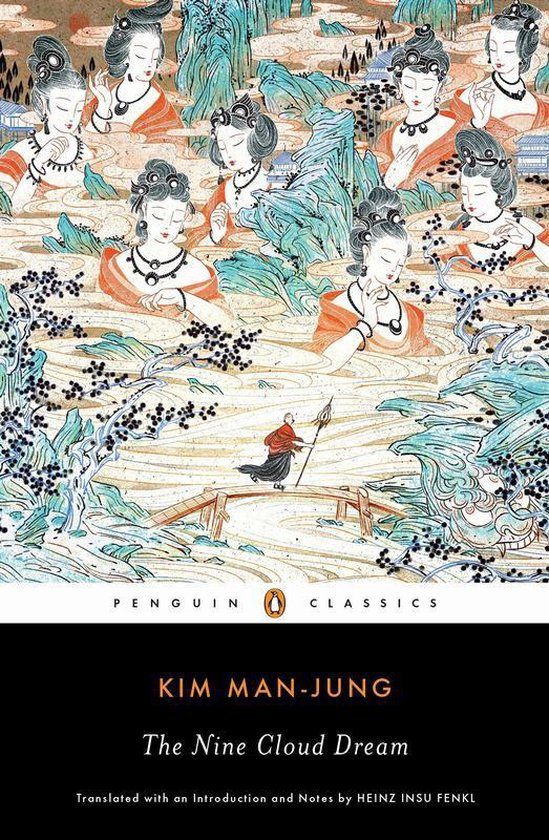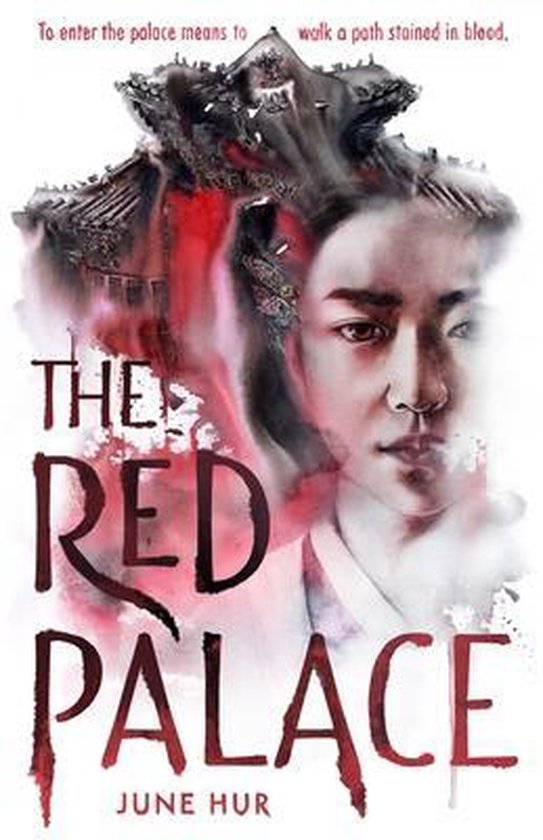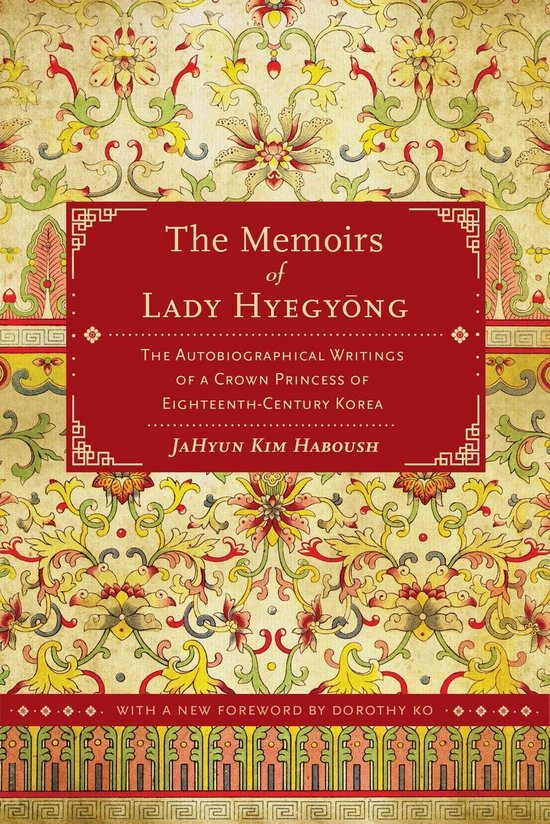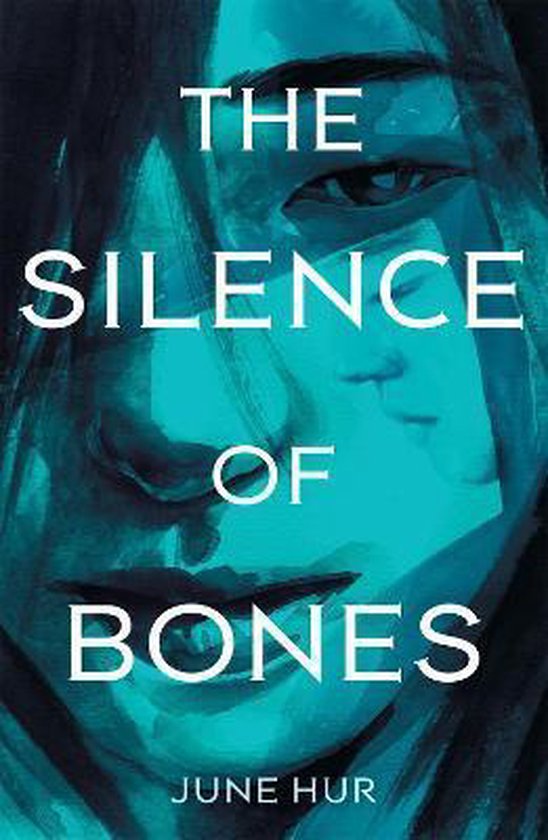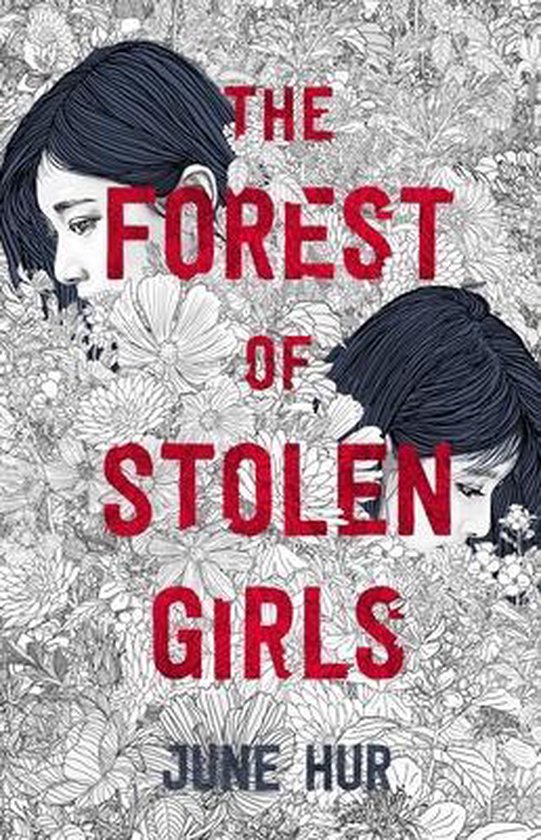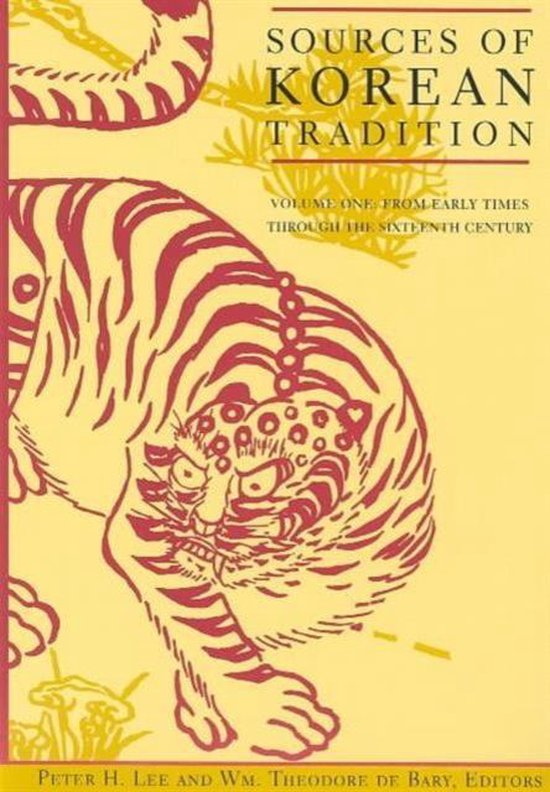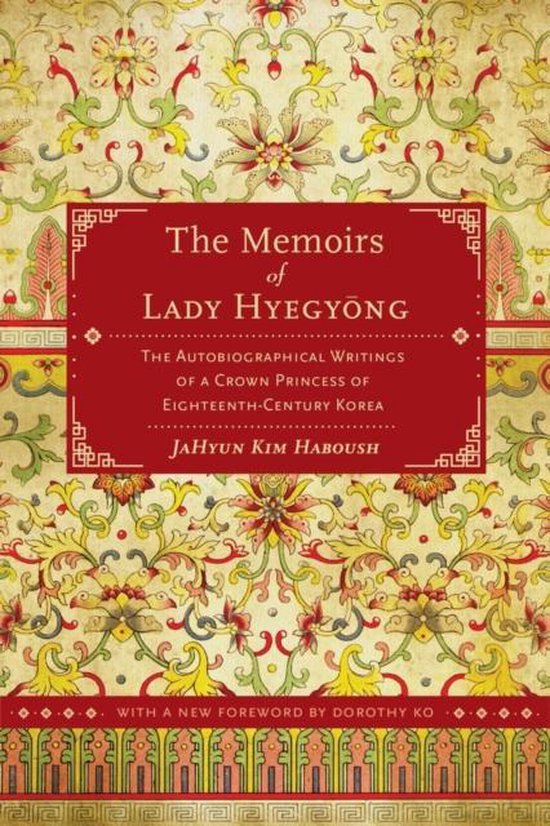
The Memoirs of Lady Hyegyong
Lady Hyegyong's memoirs, which recount the chilling murder of her husband by his father, is one of the best known and most popular classics of Korean literature. From 1795 until 1805 Lady Hyegyong composed this masterpiece, which depicts a court life whose drama and pathos is of Shakespearean proportions.
“Undoubtedly, The Memoirs of Lady Hyegyong, known as Hanjungnok (Records written in silence), is one of the most important and moving pieces of traditional Korean literature. . . . Haboush must be congratulated for an exemplary annotated translation that preserves the tone and color of the original texts.”— Korean Studies
“This authoritative edition. . . elucidates the intricate world of Korean court—its morass of age-old strictures, interfamilial rivalries, and just plain ill will—through which Lady Hyegyong had to navigate, both in her life and writing. . . Part of what makes these memoirs so gripping is the threat of erasure, present from the start.”— V oice Literary Supplement
“Lady Hyegyong writes of a life that none of us could have lived, yet her words and feelings are the same as those expressed and experienced by women in many time periods and many civilizations. . . . The translation by JaHyun Kim Haboush is fluid, and her wonderfully analytical introduction gives the reader useful background material, as well as insightful interpretation.”— New Asian Pacific Review
Lady Hyegyong's memoirs, which recount the chilling murder of her husband by his father, form one of the best known and most popular classics of Korean literature. From 1795 until 1805 Lady Hyegyong composed this masterpiece, depicting a court life Shakespearean in its pathos, drama, and grandeur. Presented in its social, cultural, and historical contexts, this first complete English translation opens a door into a world teeming with conflicting passions, political intrigue, and the daily preoccupations of a deeply intelligent and articulate woman. JaHyun Kim Haboush's accurate, fluid translation captures the intimate and expressive voice of this consummate storyteller. Reissued nearly twenty years after its initial publication with a new foreword by Dorothy Ko, The Memoirs of Lady Hyegyong is a unique exploration of Korean selfhood and an extraordinary example of autobiography in the premodern era.
“Undoubtedly, The Memoirs of Lady Hyegyong, known as Hanjungnok (Records written in silence), is one of the most important and moving pieces of traditional Korean literature. . . . Haboush must be congratulated for an exemplary annotated translation that preserves the tone and color of the original texts.”— Korean Studies
“This authoritative edition. . . elucidates the intricate world of Korean court—its morass of age-old strictures, interfamilial rivalries, and just plain ill will—through which Lady Hyegyong had to navigate, both in her life and writing. . . Part of what makes these memoirs so gripping is the threat of erasure, present from the start.”— V oice Literary Supplement
“Lady Hyegyong writes of a life that none of us could have lived, yet her words and feelings are the same as those expressed and experienced by women in many time periods and many civilizations. . . . The translation by JaHyun Kim Haboush is fluid, and her wonderfully analytical introduction gives the reader useful background material, as well as insightful interpretation.”— New Asian Pacific Review
Lady Hyegyong's memoirs, which recount the chilling murder of her husband by his father, form one of the best known and most popular classics of Korean literature. From 1795 until 1805 Lady Hyegyong composed this masterpiece, depicting a court life Shakespearean in its pathos, drama, and grandeur. Presented in its social, cultural, and historical contexts, this first complete English translation opens a door into a world teeming with conflicting passions, political intrigue, and the daily preoccupations of a deeply intelligent and articulate woman. JaHyun Kim Haboush's accurate, fluid translation captures the intimate and expressive voice of this consummate storyteller. Reissued nearly twenty years after its initial publication with a new foreword by Dorothy Ko, The Memoirs of Lady Hyegyong is a unique exploration of Korean selfhood and an extraordinary example of autobiography in the premodern era.
| Auteur | | Jahyun Kim Haboush |
| Taal | | Engels |
| Type | | Paperback |
| Categorie | | Taal |
